World
The modern world cannot be studied without examining the course, impact and legacy of two world wars, the resources in this section set out to look at both the First and Second World Wars in their global context. The section also includes the Cold War and its impact in Latin America, South-East Asia and parts of Africa. This period also sees the rise and fall of European imperialism and the changing nature of global politics and economics as technology brings different stories from so many parts of the world directly to us. Read more
Sort by:
Date (Newest first) | Title A-Z
Show:
All |
Articles |
Podcasts |
Multipage Articles
-
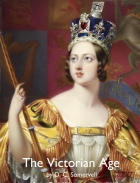
The Victorian Age
ArticleClick to view -
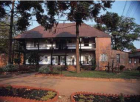
My Favourite History Place: Mandala House
ArticleClick to view -
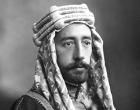
The Sykes-Picot agreement and lines in the sand
ArticleClick to view -

WWI and the flu pandemic
ArticleClick to view -
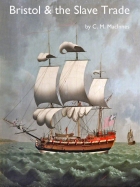
Bristol and the Slave Trade
ArticleClick to view -

Will China Democratise?
ArticleClick to view -

The shortest war in history: The Anglo-Zanzibar War of 1896
ArticleClick to view -
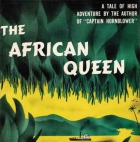
The Story of the African Queen
ArticleClick to view -

The Indian Mutiny - Pamphlet
ArticleClick to view -
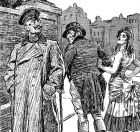
Gary Sheffield: Origins of the First World War
ArticleClick to view -

Richard Evans Medlicott lecture: The Origins of the First World War
ArticleClick to view -
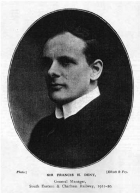
Sir Francis Dent and the First World War
ArticleClick to view -
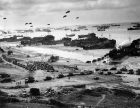
D-Day, Commemorations - the last big year to remember?
ArticleClick to view -
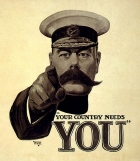
The Centenary of the First World War: An unpopular view
ArticleClick to view -
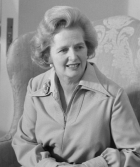
Obituaries: the first verdict in history
ArticleClick to view -

The Romanov Tercentenary: nostalgia versus history on the eve of the Great War
ArticleClick to view -
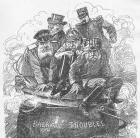
The Origins of the First World War
ArticleClick to view -
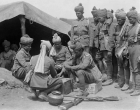
India in 1914
ArticleClick to view -
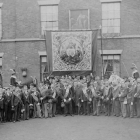
The world in 1913: friendly societies
ArticleClick to view -
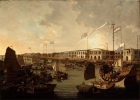
HA Podcast: The Opium Wars
ArticleClick to view

